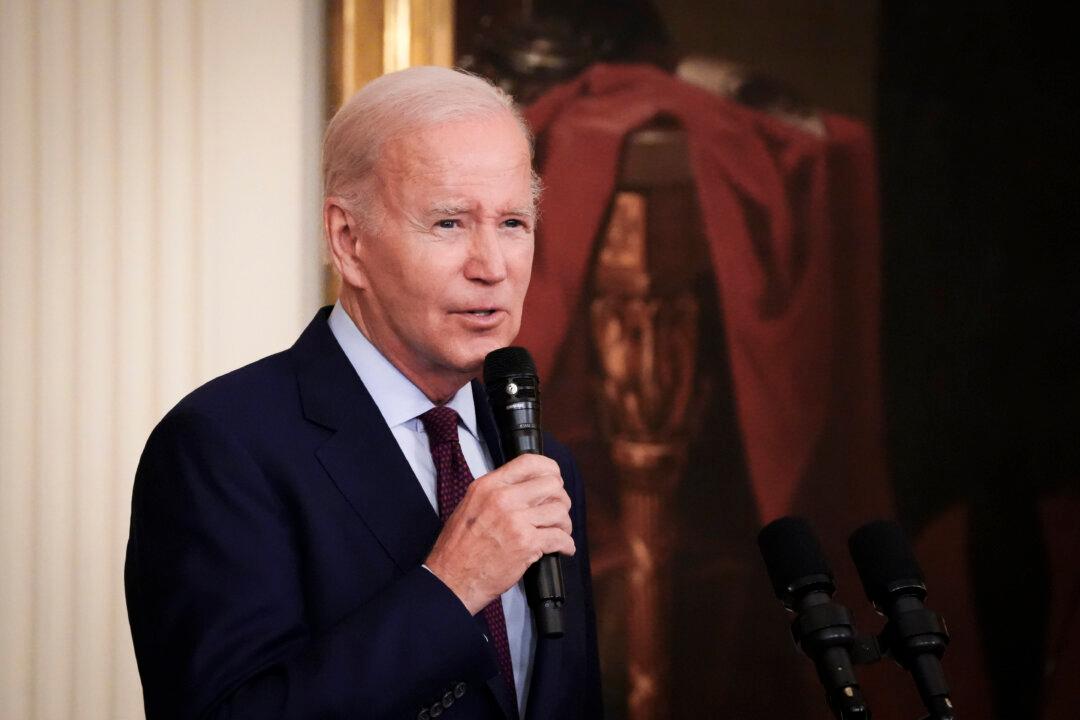President Joe Biden expressed optimism that the United States won’t default on its financial obligations and that an agreement on spending priorities will be reached in the coming days, ahead of his departure on a trip to strengthen U.S. relationships with allies.
“America is not a deadbeat nation. We pay our bills. The nation has never defaulted on its debt, and it never will. And we’re going to continue these discussions with congressional leaders in the coming days until we reach an agreement,” the president told reporters at the White House on May 17.





